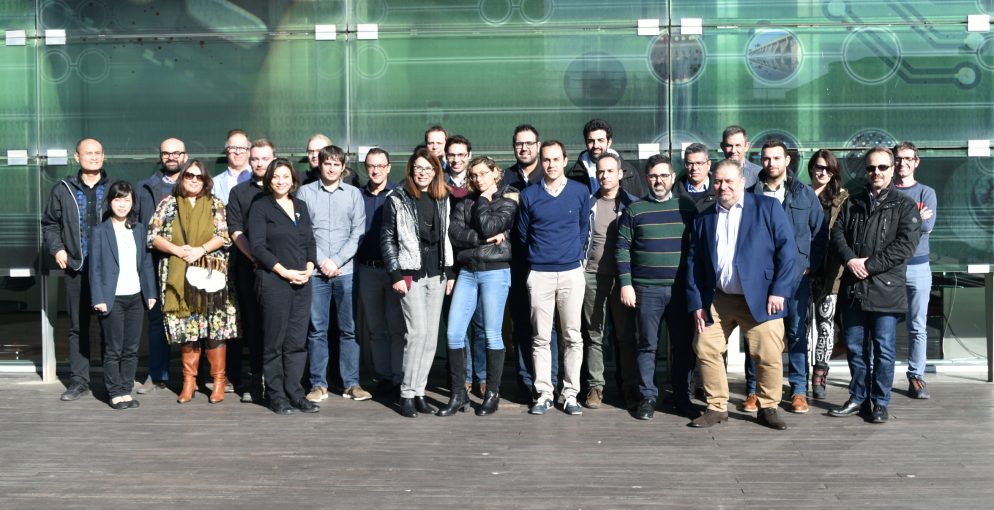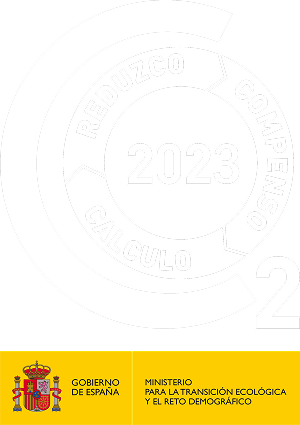Valencia – 15.01.20. This week the kick-off meeting of the DataPorts project (A Data Platform for the Cognitive Ports of the Future), co-financed by the European Commission through the H2020 programme, coordinated by the Instituto Tecnológico de Informática (ITI) and in which the Fundación Valenciaport is participating, has taken place.
The main objective of this project is to take advantage of the large amount of data generated in modern seaports thanks to the high level of digitalization. To this end, the aim is to create a data market in which companies in the transport chain participate, so that big data solutions can be created by integrating data sources in a significantly easier, faster and more reliable way, thanks to the use of blockchain.
The DataPorts solution will enable the connection and sharing of data, which will make possible the continuous tracking of goods along the supply chain through different ports, as well as the application of techniques based on artificial intelligence and data at a global level, in order to provide cognitive services, obtain greater process efficiency and reduce environmental impact.
In the specific case of the port of Valencia, the aim is to connect data from different sources such as the PCS, the port’s 4.0 platform, a forwarding agent system, a container tracking system and a PMS (Port Management System). With these data, various applications will be created for tracking goods and containers and for controlling the status of goods transport.
Thanks to this initiative, progress will be made towards a real data interconnection of the digital ports involved in the trade routes and supply chains, in order to obtain a global value from locally generated data. The project consortium is formed by ITI (coordinator), the Fundación Valenciaport; Traxens; Prodevelop; IBM Israel; Hellenic Telecommunications Organization (OTE); Everis Spain; Polytechnic University of Valencia (UPV); Institute of Communication and Computer Systems (ICCS); University of Duisburg-Essen; Centre for Research and Technology Hellas (CERTH); Fraunhofer. Institute for Software and Systems Engineering ; and Thessaloniki Port Authority.


